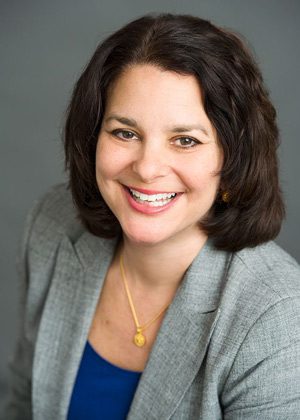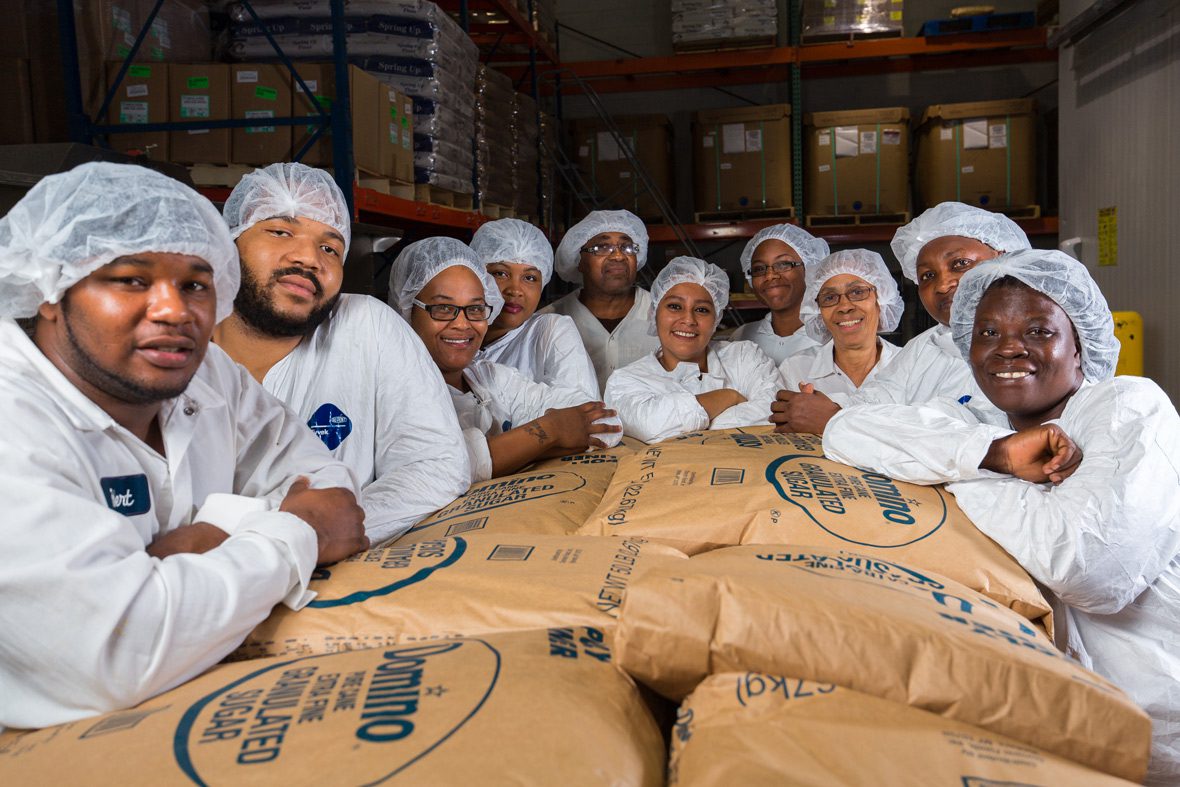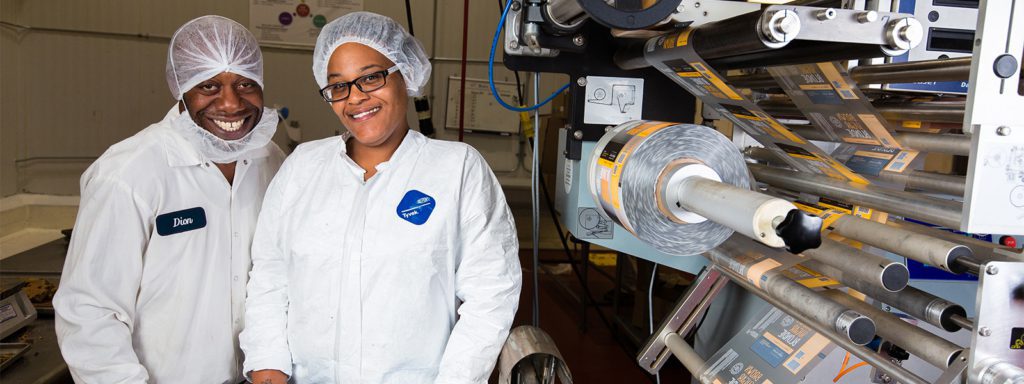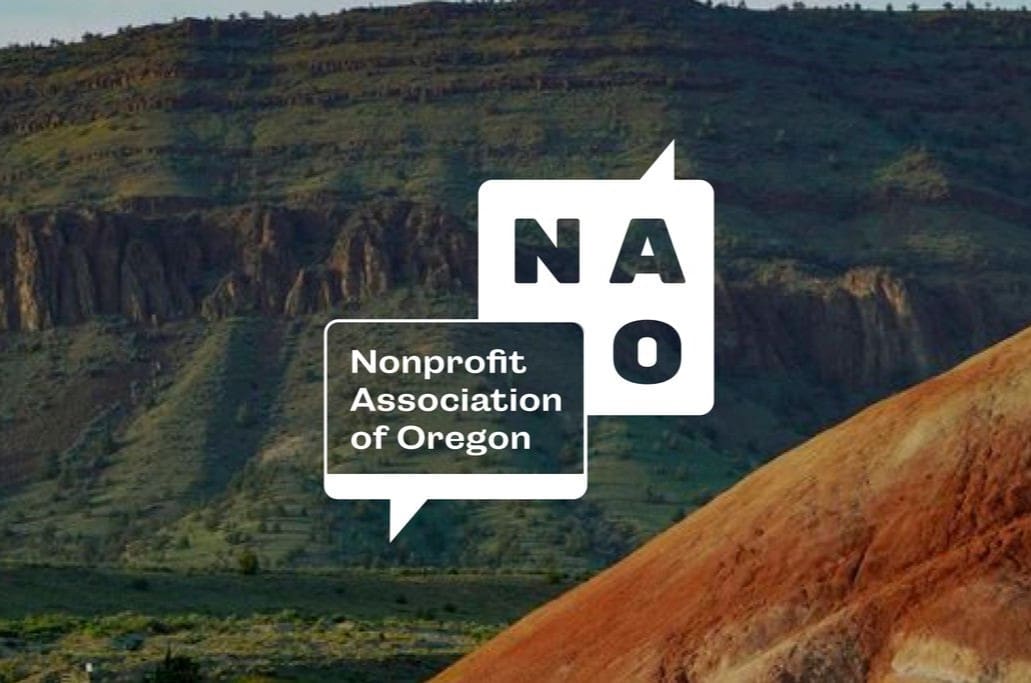By Sierra White
“We don’t hire people to bake brownies, we bake brownies to hire people.”
That is the motto of Greyston Bakery located in Yonkers, New York where one in three residents lives in poverty. Greyston has been a pioneer since the 1980s when it comes to focusing on human metrics, rather than profit margins. I recently had the opportunity to speak with Ariella Gastel, vice president of marketing and business development, who noted that her “mandate at Greyston is to grow the business so we can hire more people and create pathways out of poverty.” This motto seems to be at the core of every business contract and program they adopt.

Ariella Gastel, Vice President of Marketing and Business Development, Greyston Bakery
For decades, Greyston Bakery has been in a social innovation partnership with Ben & Jerry’s. Greyston crafts 30,000 pounds of brownies per day for Ben & Jerry’s Chocolate Fudge Brownie and Half Baked flavors. In 2012, Greyston developed a partnership with Whole Foods Market that created 15 new jobs for the community. These relationships are based on providing economic and development opportunities for the disadvantaged in a sustainable environment.
A key piece of Greyston’s mission is open hiring. Originally established by Greyston Bakery founder Bernie Glassman, open hiring was created to help community members not only find jobs and earn an income, but to teach them valuable skills and hopefully encourage confidence along the way. To Greyston, open hiring means that they will employ anyone who is dedicated and willing to work, regardless of background or personal history. This is one job you don’t need a resume for – simply show up, put your name on the list, and when the next spot in the bakery opens up, you will be called and asked to start the training and apprenticeship process, no questions asked.
Greyston does more than provide jobs, as Ariella points out. They evaluate the needs of a community holistically and provide a range of programs to address those needs, such as workforce development, community gardens, housing for individuals with HIV/AIDS, and an early learning center. Workforce development trains individuals in high-demand fields such as maintenance, security, and culinary arts. The community gardens are “community centers without walls” that not only provide a sustainable food source, but also foster leadership skills and confidence in students that help put them on a path to finish their education and enable families to become active members of their community. The early learning center allows parents to work while their children are being well cared for. Greyston aims to focus on body, heart, mind, spirit, and self to help the individual create goals and habits that will lead to a more self-sufficient and self-assured life.

Greyston Bakery employees. Greyston—perhaps best known as a supplier for Ben & Jerry’s and Whole Foods–has been on the cutting edge of social innovation and partnership from its home base in Yonkers, New York since its inception.
For context, Greyston’s 2015 Annual Report quantifies these human metrics with 48 new hires, over 3,000 hours of training, 139 children provided with childcare, 89 individual PathMaking meetings, and 27,200 pouds of produce grown. These successes are made possible through their longstanding partnership with Ben & Jerry’s, Whole Foods, collaborations with IS members Catholic Charities USA and Girl Scouts of the USA, as well as other national and local nonprofits and government entities. Greyston is dedicated to improving the livelihood of its employees and the surrounding community.
Greyston’s plan to “build a thriving community” starts from the bottom up, through open hiring and creating an individualized, caring situation for their employees, addressing everyone’s unique story and different physical and mental needs.
Putting your employees first begins with “a mind shift away from solely a profit motivation towards focusing on the long term reduction of inequality and barriers to employment” Ariella notes, and it does not need to be difficult, “You don’t have to go far to make a difference. People take trips all over the world, but they can make an impact in their own backyard.”
Sierra White is the assistant to resource development at Independent Sector.



